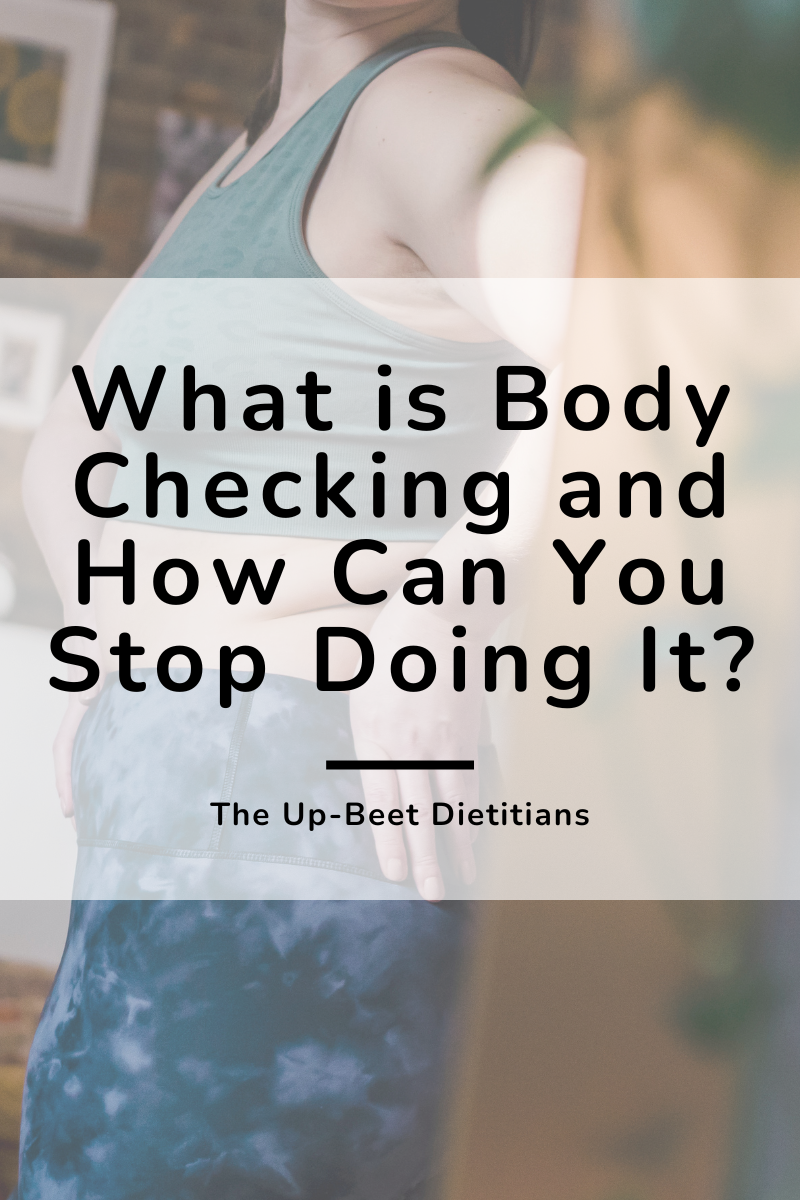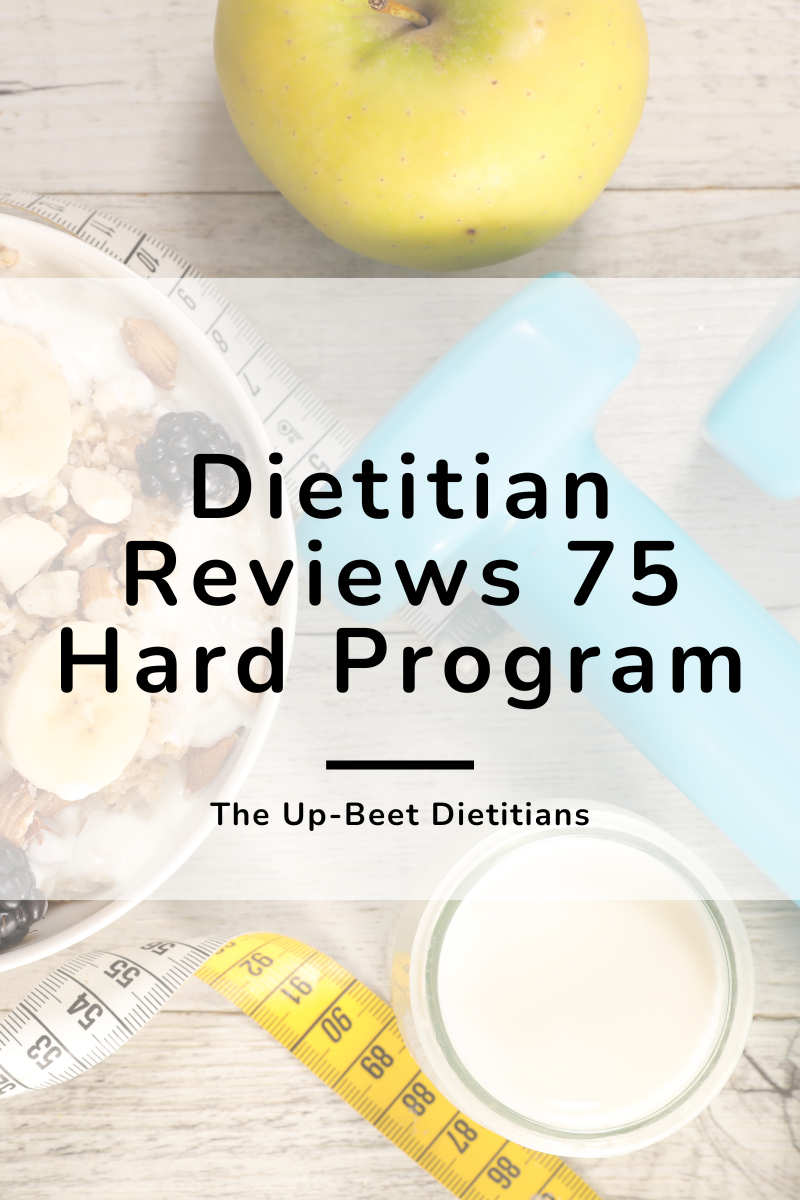What is Body Checking and How Can You Stop Doing It?
Written by: Hannah Thompson, RDN, LD, CPT
Body checking is a behavior that is commonly seen in those with eating disorders. While not everyone that body checks has an eating disorder, this behavior can become obsessive and spiral out of control.
This post will help you to identify if you are body checking and provide you with tips to stop doing it if you identify that it is worsening your body image.
What is body checking?
Body checking is when you “check” your body to see how it has changed. It often involves compulsive scrutinizing, monitoring, and/or tracking your body’s shape, size, or weight. You might notice that you tend to focus on a certain part of the body (you are always looking at your arms, butt, midsection, etc.)
There are many different examples of body checking:
Looking at it in the mirror
Weighing yourself
Taking measurements
Touching/pinching/grabbing parts of your body
Putting on a pair of pants to see how they fit
Staring at a certain part of your body when you walk by a store window
Taking “progress photos”
Obsessing over past or current photos of yourself
Continuously asking others for reassurance of how you look
Comparing your body to other peoples’ bodies or images/videos you see online
Why do we body check?
Body checking happens so that we can “check” to feel like we are in control over our body and to make sure we are “staying on track”. We often body check to help us feel better, but it ends up making us feel worse.
Why is body checking problematic?
When we don’t like the way our body looks/feels/fits in clothes (aka the “check” didn’t go well), this can lead to thoughts/feelings of shame, anxiety, guilt. This reinforces the idea that there is something “wrong” with us and we aren’t doing enough to care for ourselves.
When we feel that something is “wrong” with our body and we need to “fix” it, this takes away from us tuning in to our internal hunger and fullness cues. An example of this could be saying to yourself “I feel hungry, but my stomach looked bigger today so I should probably skip breakfast”.
Body checking is very common on social media, making it a very normalized behavior. Here are some popular examples that I have seen just recently:
Creator showing their body in a mirror before a “what I eat in a day” video, insinuating that if you eat like them, you will look like them (spoiler - this is untrue).
Creator standing in front of the camera and pulling up shirt for no reason.
Creator flexing their muscles (arms, legs) as the main purpose of the video.
How to stop body checking
First, identify that you are doing it - it usually happens subconsciously!
Next, try to disengage from the behavior and actively choose to stop doing it. Make a choice not to engage! Here are a few ways to do this:
Look away from the mirror
Get rid of your scale/measuring tape
Tell yourself to stop grabbing your thighs
Redirect your attention elsewhere. If it helps, saying affirmations can be useful here
Repeat! Breaking this habit won’t happen in one day! Continuously choose to disengage from the behavior.
Create a more positive environment Do a social media detox (we have some tips here). Pay attention to the media that you consume. Is there diversity or does everyone look the same? Are you continuously comparing yourself to those that you follow?
Bottom line
While body checking is not always indicative of an eating disorder, it can spiral out of control. Regardless, body checking tends to take away from one’s ability to eat intuitively and listen to their hunger and fullness cues as they are using their body to determine what, when, and how much to eat.
Links included in this blog might be affiliate links. If you purchase a product or service with the links that we provide we may receive a small commission with no additional charge to you. Thank you for your support!
Want to learn more about Intuitive Eating and how to start your food freedom journey? Join our course to learn how!





